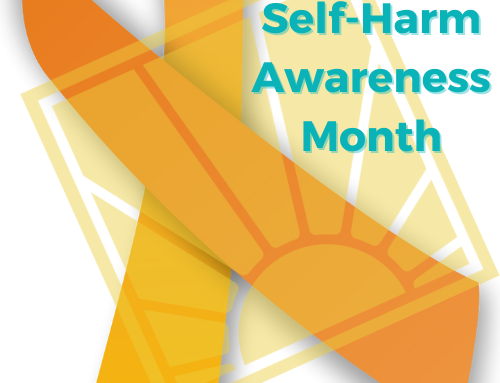When a family faces a true mental health crisis it often feels sudden regardless of the warning signs. That’s denial at work! In the panic that ensues, the focus is naturally on triage, which typically takes the form of intervention, treatment, therapy and medication. Unfortunately, once the immediacy of the crisis has passed and the situation is stabilized many families fail to engage the real opportunity for healing, which presents itself in the wake of crisis. Like any crisis, a mental health emergency (whether depression, violence, self-harm, psychosis or addiction) is generally symptomatic of a deeper, more pervasive dysfunction. Our tendency with family mental health emergencies, though, is to just treat the symptoms and (once those are addressed) get on with living the same life that caused those symptoms in the first place.
If you’ve experienced a mental health emergency in your family and the crisis has effectively been triaged, you’re likely a bit raw, a bit confused, a bit exhausted, maybe a little scared. In word you’re open! This openness won’t last. Soon enough the emotional wound will scab and then scar and you’ll have the dangerous luxury of returning to life as usual. Like physical scar tissue, emotional scars can freeze you up and lock you into an awkward position.
Now (while your open, flexible and a little messy inside) is the best time to break the old habits that festered into dysfunction in the first place and create some new ones. The good news is that a lot of personal growth work can be awfully nice! Following are several areas to explore that can complement the intervention, treatment, therapy and medication your family has just experienced, leading to longer-term healing instead of just emotional triage.
Think of these activities as physical therapy, but for the soul!
Exercise (especially moderate, pleasant exercise), is proven to raise and stabilize mood. You don’t have to do it in an extreme form to benefit. You just have to get moving. Pick something you enjoy and do a little of it, then a little more. If you’re goal oriented, now’s the time to set one and engage the services of a trainer or coach to help you get there.
Diet impacts mental health in a number of ways. A healthy diet can improve serotonin levels, increase energy, decrease uncomfortable mood wrecking inflammation, and improve cognitive functioning.
Contemplation is a practice that has a place in virtually every culture. It can take the form of meditation, long nature walks, journaling, a meditative sport like running, or prayer. Regardless of the form, there is plenty of anecdotal and, increasingly, scientific evidence that contemplative practices improve emotional functioning.
Participation in a faith community, according to a recent National Geographic study, is a key part of those communities around the world with the highest rankings in longevity and quality of life.
Massage feels good and feeling good is a pretty important measure of mental health! While the physical and neurological benefits of massage are still being uncovered, there’s no denying that it’s a great antidote for stress and a quick mood booster.
Walking slows cognition and relaxes the walker. Research indicates that those who live in walking communities tend to live longer and happier lives than those who don’t. If you don’t live in place where people walk to the store, to work, etcetera, consider being counter culture and walking anyway!
Streamlining your life is a bit easier to do when you feel overwhelmed. So now, in the wake of your family crisis, make an inventory of those things that are superfluous, distracting and non-essential. Give yourself some space by jettisoning these things, whether it’s one hobby too many, television or a board membership.
Vacations can be a great way to get away and gain a new perspective on the “life as usual” that you’re trying to change. Pick one that will raise your mood without stressing you out; e.g. it should be convenient, relaxed, within your budget and structured to whatever point your temperament prefers.

